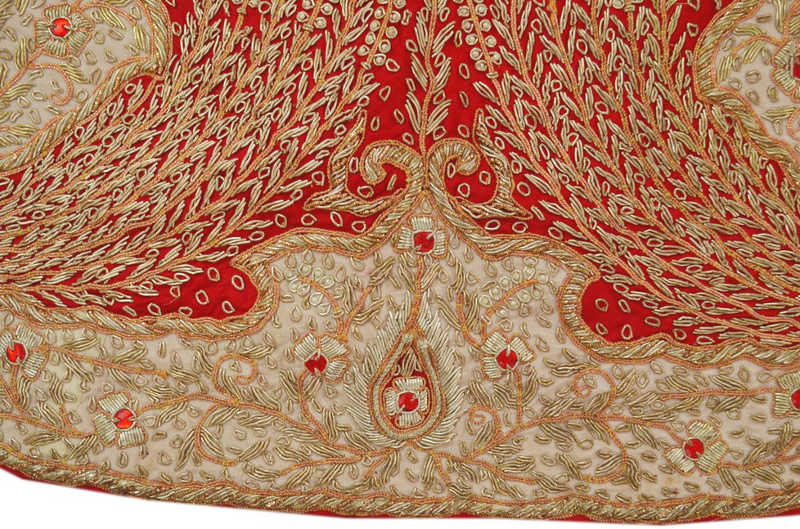===
0423,
1
===

=== |
 |
āshnā : 'Acquaintance; friend; associate; intimate friend, familiar; lover, sweetheart'. (Platts p.57)
FWP:
SETS
MOTIFS
NAMES
TERMS == REFRAIN; RHYMEThe first line begins with the 'inner-self'-- the untranslatable jī -- as a choice-maker, and then proceeds to make the meeting or avoiding of physical bodies seem equal, and equally irrelevant. Thus it's no surprise that the second line asks for some sort of 'heart to heart' connection. Is that a desperate, self-deceptive fantasy of the neglected lover ('Outwardly she may not meet with me, but inwardly she thinks about me')? Or does it suggest some faint glimmer of hope for the far future ('If she has a heart and keeps in any kind of touch with it, she may eventually come around')?
The second line has a triply reinforced tone of diffidence, or even pleading: the submissive address of 'dear one'; the tentative 'if it would be possible'; and the politely minimizing ṭuk , 'a little bit', which has the sense of 'please' (like its modern counterpart zarā ). This makes it sound less appropriate for religious exhortation than for a tentative, cautious plea to the beloved. (Or, of course, an affectionate plea to any other cherished person whose spiritual welfare is to be encouraged.)
Note for translation fans: In Platts's day it was possible to use forāshnā 'a familiar'-- which to me feels like the perfect word to use. But nowadays 'a familiar' would evoke (if anything) the idea of a 'familiar spirit', which is very unhelpful. It is like the way we can still say 'rakish' for rindānah , but can hardly (alas!) use 'rake' nowadays for rind , or for anything other than a garden implement. (I am just venting.)